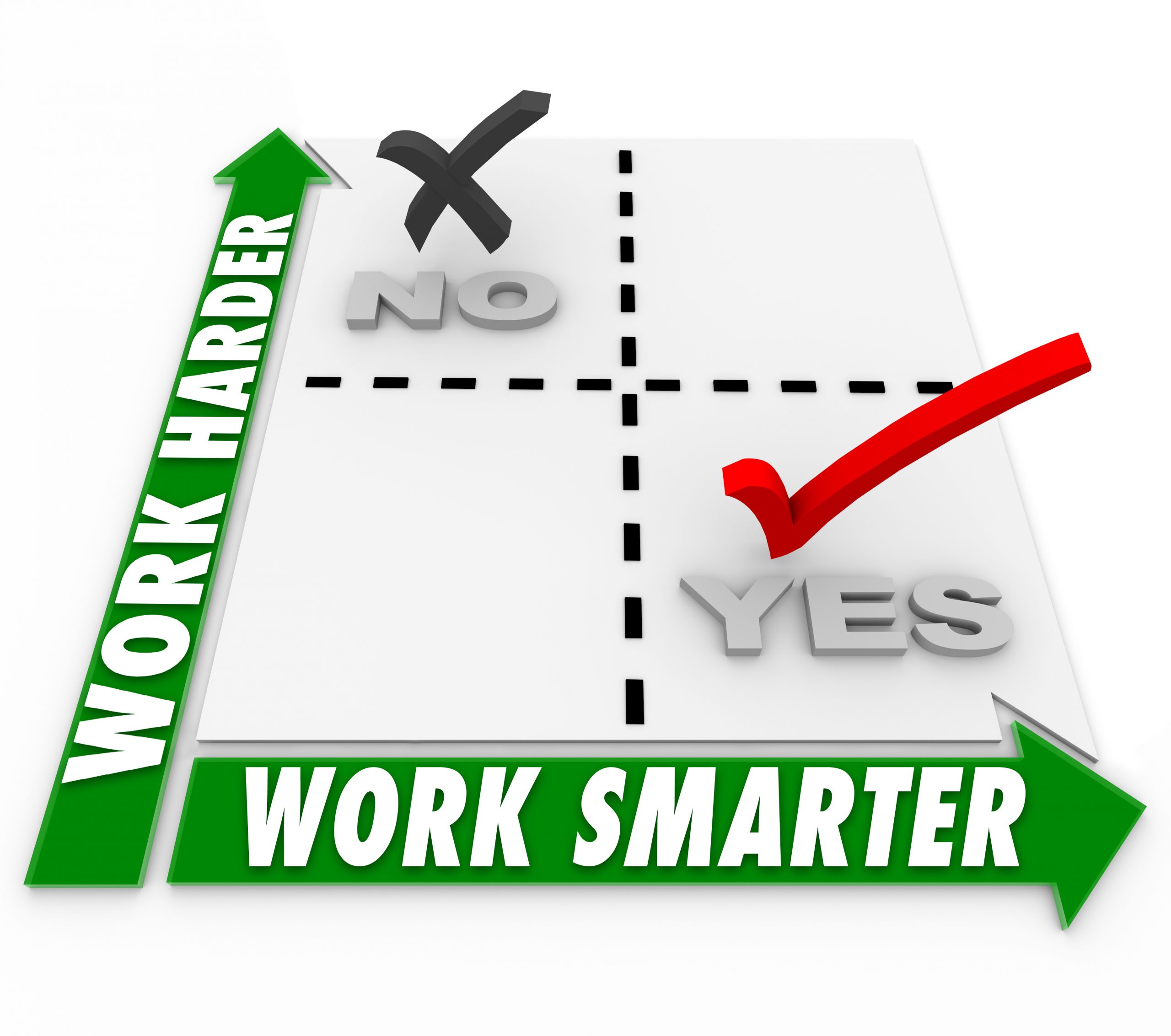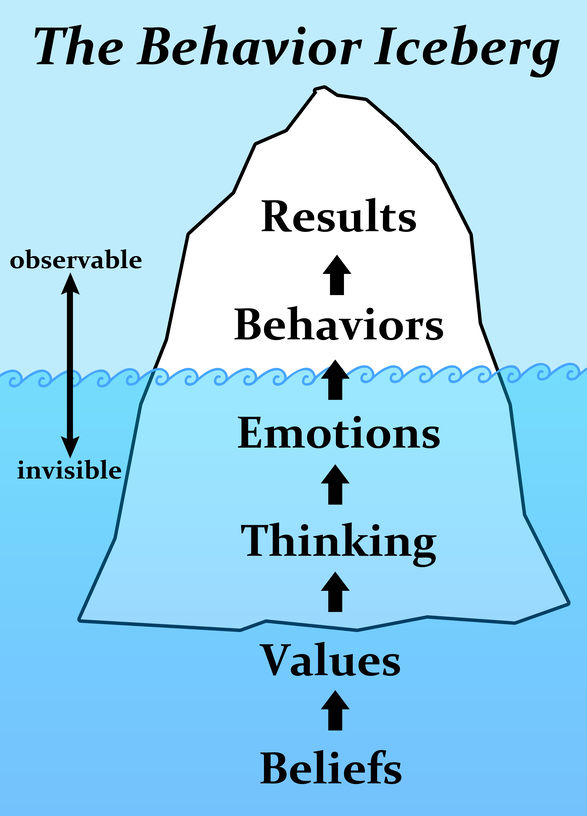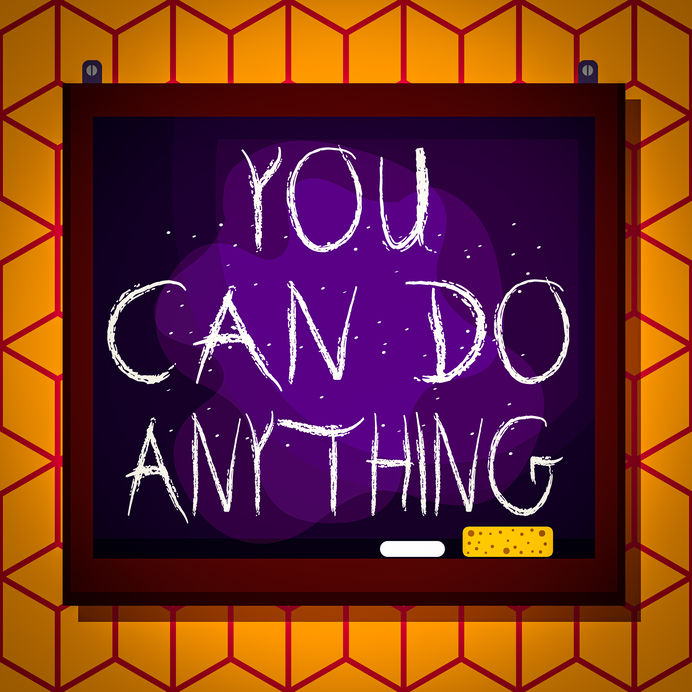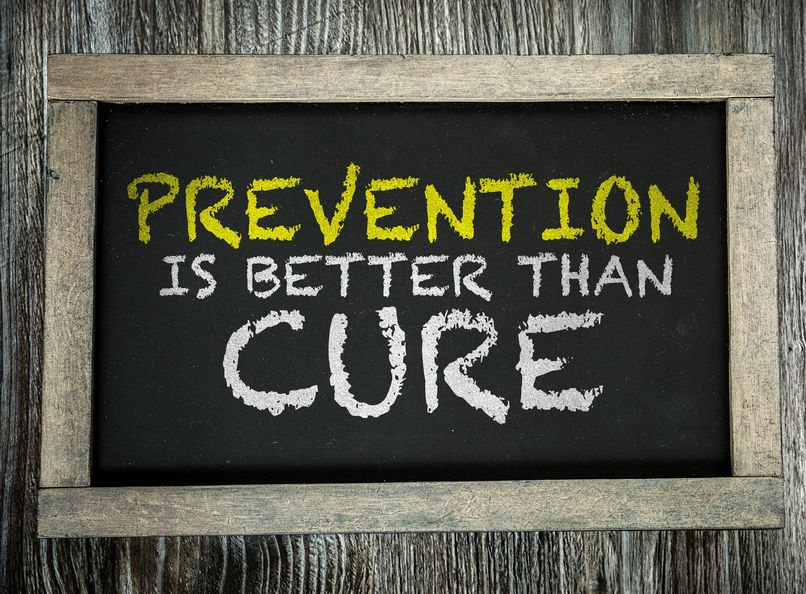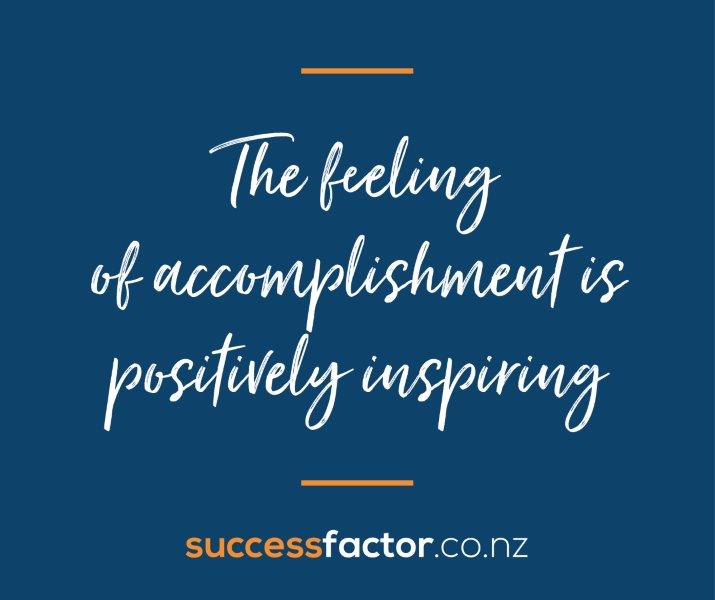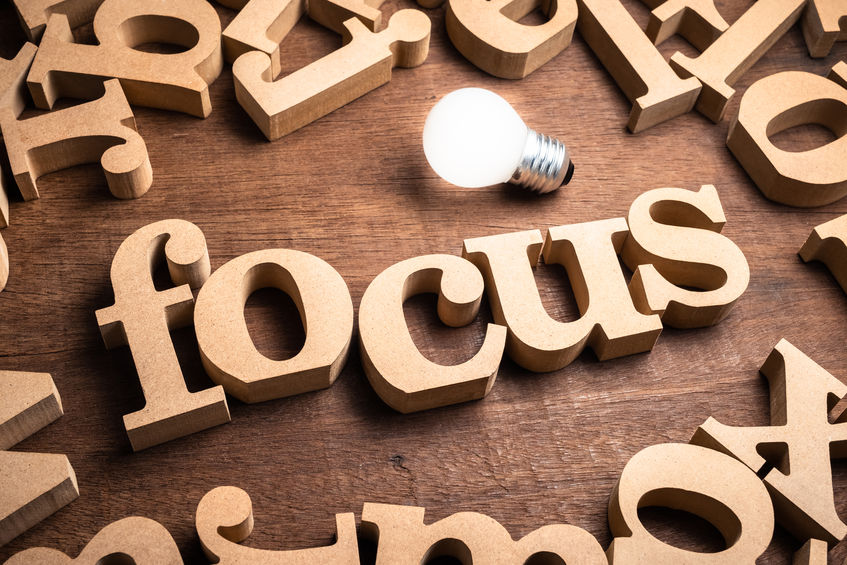Knowing when to let go and give up!
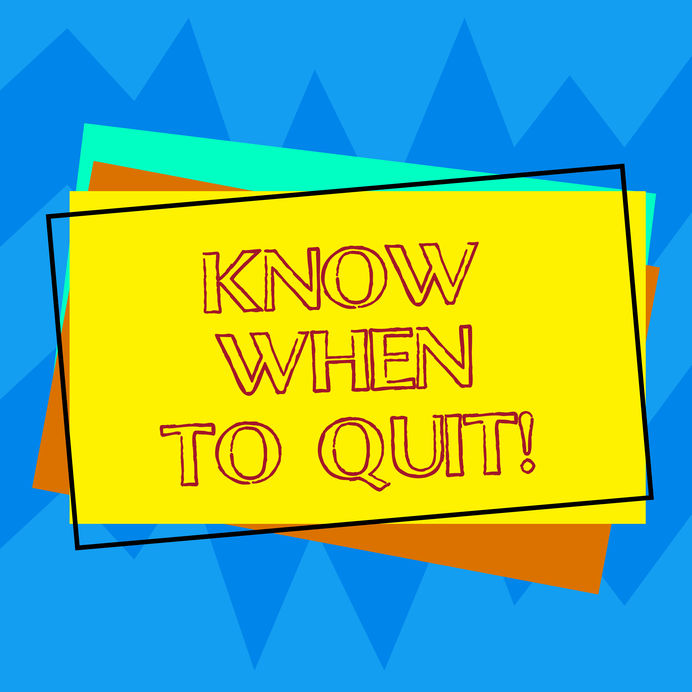
For most of us, we were encouraged to ‘try, try and try again’, ‘if at first you don’t succeed, try again’ and many other sayings that were drummed into us as children. Whilst it’s important to keep trying, it is equally important to know exactly when it is the right time to let go and give up. We need to have some indicators that tell us we are now ‘banging our head against a brick wall’ and it’s time to ‘call it quits’, to ‘walk away’. We need to manage our emotions, because they could be screaming at us to keep going or yelling at us to give up! Which one do we listen to when they are both so loud, we can’t ‘hear ourselves think!’ We know that in our lives we are continually learning and growing, and that our growth and development isn’t going to be easy, and

